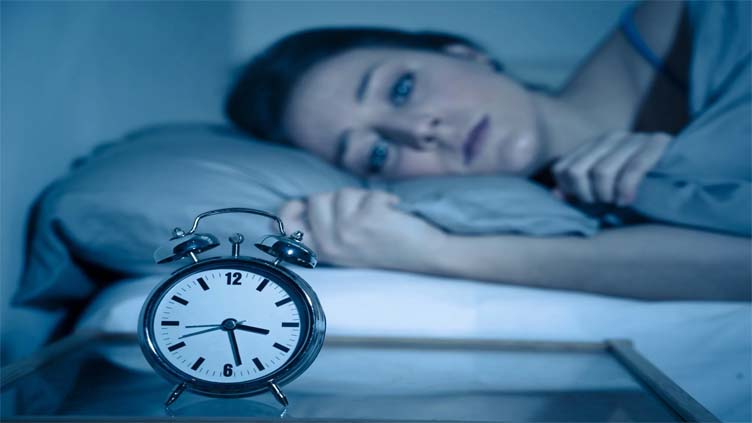Study links better sleep health to reduced loneliness across all age groups

Paving the way for innovative interventions to address loneliness and promote holistic well-being
(Web Desk) - At the upcoming SLEEP 2024 annual meeting, researchers led by Dr. Joseph Dzierzewski, Vice President of Research at the National Sleep Foundation, are set to unveil a pioneering study highlighting a compelling connection between sleep health and loneliness.
This research, poised to shed light on the critical role of sleep in understanding loneliness across the adult lifespan, marks a significant advancement in the field of sleep science.
Key findings from the study underscore the profound impact of sleep quality on feelings of loneliness:
Sleep and Loneliness: The study reveals that individuals reporting better sleep quality also experienced significantly lower levels of loneliness. Notably, participants who reported better sleep health exhibited reduced total, emotional, and social loneliness, emphasizing the intricate interplay between sleep patterns and social well-being.
Age Matters: While the association between sleep health and loneliness transcended all age groups, it was particularly pronounced among younger adults.
This suggests that interventions aimed at enhancing sleep quality could have substantial implications for mitigating loneliness, particularly among the youth demographic.
Public Health Crisis: Loneliness has emerged as a pressing public health concern, with tangible impacts on mental and physical well-being.
Even prior to the onset of the COVID-19 pandemic, approximately half of U.S. adults reported experiencing feelings of loneliness, underscoring the urgency of addressing this pervasive issue.
Sleep Recommendations: Echoing the findings of the study, the American Academy of Sleep Medicine (AASM) and the Sleep Research Society advocate for adults to prioritize sleep, recommending a minimum of seven hours of sleep per night.
This guidance aims to promote optimal health, productivity, and daytime alertness, underscoring the importance of sleep hygiene in fostering overall well-being.
The research, involving 2,297 adults with an average age of 44, and with 51% identifying as male, employed a rigorous methodology.
Participants completed comprehensive online sleep health questionnaires alongside loneliness scales, allowing researchers to employ correlation, linear regression, and moderation analyses to delve into the nuanced relationship between sleep and loneliness.
The abstract of this groundbreaking research will be presented at SLEEP 2024, the esteemed annual meeting of the Associated Professional Sleep Societies.
Organized in collaboration between the American Academy of Sleep Medicine and the Sleep Research Society, the event is scheduled to take place in Houston on Monday, June 3.
This presentation promises to catalyze further exploration into the dynamic intersection of sleep health and social connectedness, paving the way for innovative interventions to address loneliness and promote holistic well-being.
Dr. Dzierzewski emphasized the importance of addressing loneliness within healthcare systems. “Our results underscore the need for providers to understand better and treat loneliness,” he stated. “Promoting sleep health could be a powerful tool in alleviating loneliness, particularly among young people.”
Dr. Dzierzewski concluded, “The mystery of why younger adults seem to benefit more from improved sleep remains intriguing. Further investigation is warranted to uncover the underlying mechanisms.” As we grapple with the loneliness epidemic, prioritizing sleep health may be vital to fostering stronger connections and well-being across all age groups.


